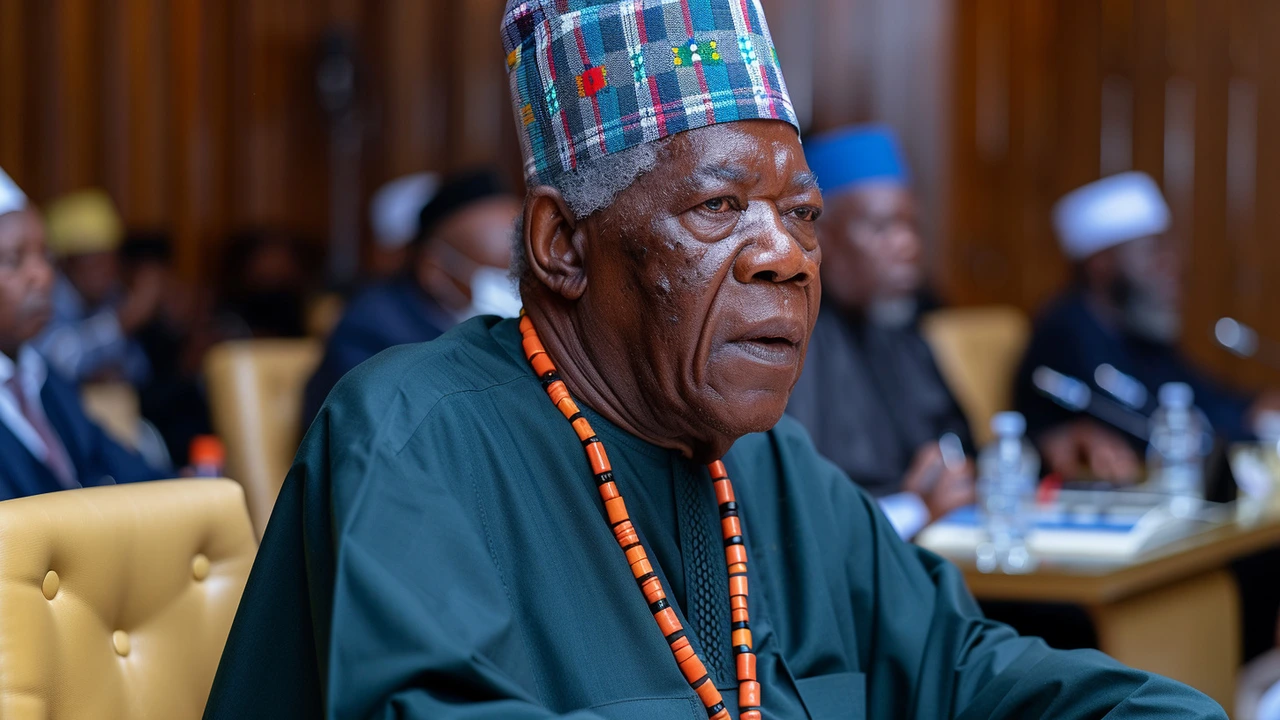Nigerian workers: what’s happening now and why it matters
Nigerian workers shape the country's economy — from oilfields and factories to markets and tech hubs. You’ll find stories here about pay battles, union action, working conditions and the people behind the headlines. Expect clear updates, practical context, and tips on how to follow ongoing labour developments.
Key issues to watch
Strikes and industrial action: Unions like the Nigeria Labour Congress (NLC) and trade associations still call strikes to push for wage increases, better conditions and policy changes. When a strike starts, look for timelines, demands, and who’s negotiating. That tells you whether the action will be short or drag on.
Public sector vs private sector: Public servants and teachers often make headlines for prolonged disputes over salaries and funding. Private-sector issues tend to involve layoffs, contract changes, or unsafe workplaces. Each sector needs a different solution — so follow which side is in the spotlight.
Informal economy and daily earners: A big share of Nigerians work informally — traders, transport workers, artisans. Their struggles don’t always make main headlines, but they matter for everyday prices and local economies. Look for local reports that highlight these workers’ voices.
Migrant and overseas workers: Remittances and safety of Nigerians abroad are often tied to labour news. Cases of abuses, unpaid wages, or recruitment fraud usually trigger urgent reporting. Keep an eye on travel advisories and embassy statements in those stories.
How we cover Nigerian workers — and how you can stay updated
We aim for short, practical reports: who’s involved, what they want, and what changes to expect. For complex issues we add background so you understand the stakes — for example, how a transport strike can affect food prices or school schedules.
Want timely updates? Follow official union accounts, ministry releases, and local reporters in affected states. We check those sources, confirm statements, and note any court rulings or government counteroffers that could end a dispute.
How to read a labour story: start with the demands and timeline, then check reactions from employers and government. Ask: Is there a mediator? Are essential services exempt? What are the short-term costs for workers and the public?
If you’re a worker, look for practical pieces here — advice on legal rights, how to document unpaid wages, where to find union reps, and when to seek help from local labour offices. If you’re an employer or policymaker, look for reports that show long-term impacts and suggested fixes.
Got a tip or a story idea about Nigerian workers? Send eyewitness photos, contact details, and dates — we verify before publishing. Your info helps us report faster and more accurately.
We keep this tag updated with new reports, analysis and explainers about labour developments across Nigeria. Bookmark this page to follow strikes, wage talks, and workplace reforms as they unfold.
